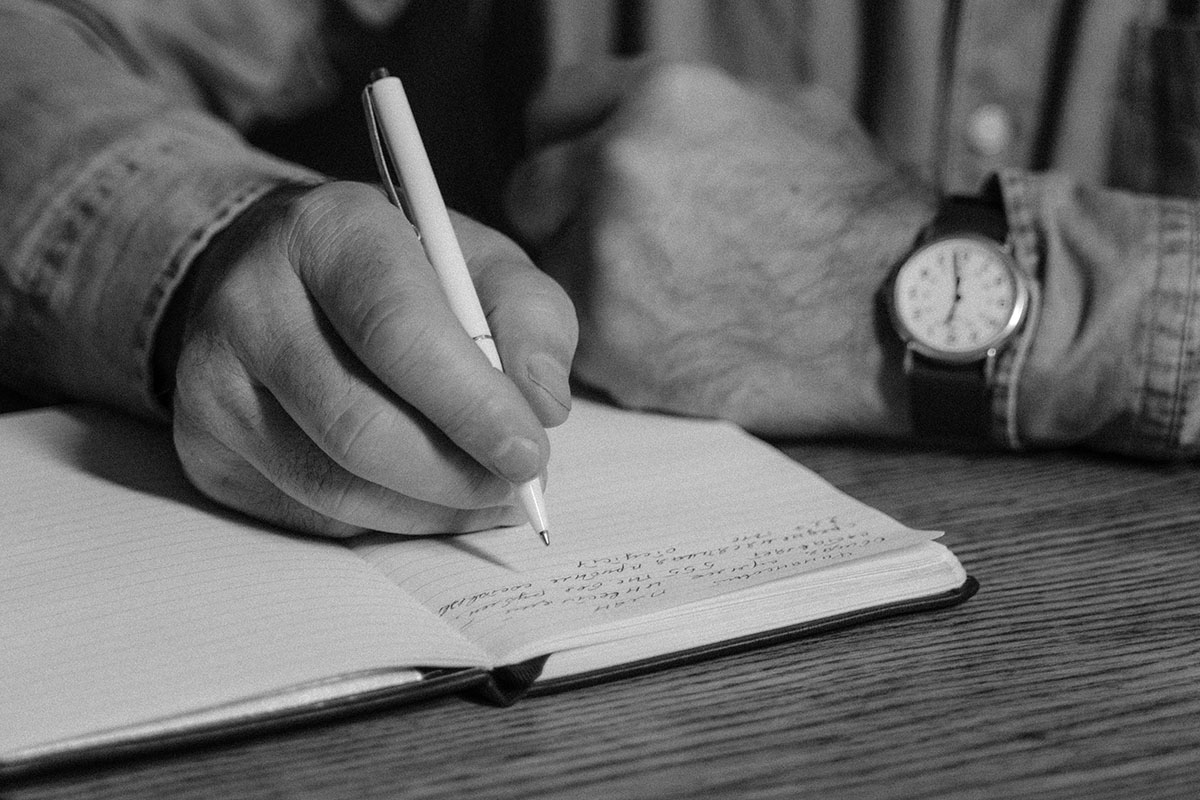Blog
On Grieving
“And now, as ye are desirous to come into the fold of God,
and to be called his people, and are willing to bear one
another’s burdens, that they may be light; Yea, and are
willing to mourn with those that mourn; yea, and comfort
those that stand in need of comfort, . . . — Now I say unto
you, if this be the desire of your hearts, what have you
against being baptized in the name of the Lord, as a
witness before him that ye have entered into a covenant
with him, that ye will serve him and keep his commandments,
that he may pour out his Spirit more abundantly upon you?”
(From The Book of Mormon, Mosiah 18:8-10)
Grief has a way of arriving uninvited, yet settling into the room as if it had always belonged there. It is not a single emotion but a shifting landscape — one moment a quiet ache, the next an unbearable storm. It reshapes the ordinary: the empty chair at the table, the message left unsent, the scent that lingers far too long. And though each person’s grief is profoundly their own, it somehow links us to a shared human truth — that to have loved deeply is to be changed by loss.
We speak of “moving on” as though grief were a place we might leave behind, but often it is something we learn to live alongside, to carry with a little more grace each day. It softens over time, perhaps, but never disappears entirely; it becomes part of the architecture of who we are. To grieve, then, is not merely to mourn what is gone, but to honor what was — to keep love alive in absence. And it is both very human and very humane.
I personally am well acquainted with a number of people close to me who are grieving as I write this. A dear friend in my state who is originally from Asia lost her American husband to sudden cancer not so long ago. Theirs was a marriage made in heaven. She is a strong woman, a woman of depth, and yet she lost the most important person in her life, and the grief is potent and painful. She is a brilliant and compelling writer, and I to this day read her searing prose that attempts to make sense of her new reality, groping for understanding.
I know a different woman I am very close to who may well be losing her husband also, but not to physical death – a different kind of death. I stand near the stage of her life, ready to offer my shoulder, my support, my willingness to listen. But I cannot remove her grief. I can only be a reflection of hope and a sense of possibilities. She walks that valley alone.
I know yet another woman I have known for over 50 years. She just lost one of her sons mere days ago, an adult son with special needs she had cared for the very best she could. And this loss follows the relatively recent loss of her husband. She experiences a level of grief I don’t think I can even begin to understand. All I can do or be for her is to be there, to be open to her, to let her know she is not alone, even though she is alone in her grief. I weep with her, but that is not enough.
These women open up to me to a greater or lesser degree. Yet it is the men in my orbit I worry about also, because the nature of most men prevents them from disclosing their grief too easily. Men tend to hide their grief, or push it aside and focus on their work, or not dwell on it too deeply. Men tend not to weep. They tend to insist on “being strong” as they define it, and keep things inside, hidden from view. And I worry.
Grief, in all its forms, humbles us and gnaws at us. It strips away pretense, ambition, the noise of daily striving, and leaves behind something raw and strangely pure — love remembering itself. Whether spoken through tears or silence, it is the language of the heart learning to live with absence.
Perhaps the best we can do — for ourselves and for one another — is to make space for it. To sit quietly beside those who mourn. To resist the urge to fix what cannot be fixed. To be the steady presence that whispers, you are not alone. In the end, grief does not ask for answers. It asks only for witness — and love enough to remain.





